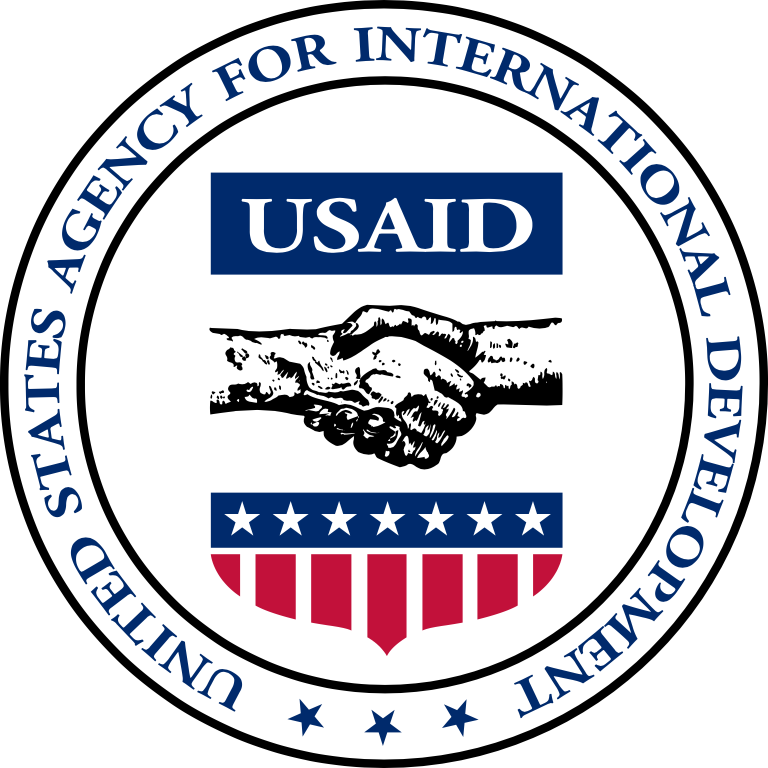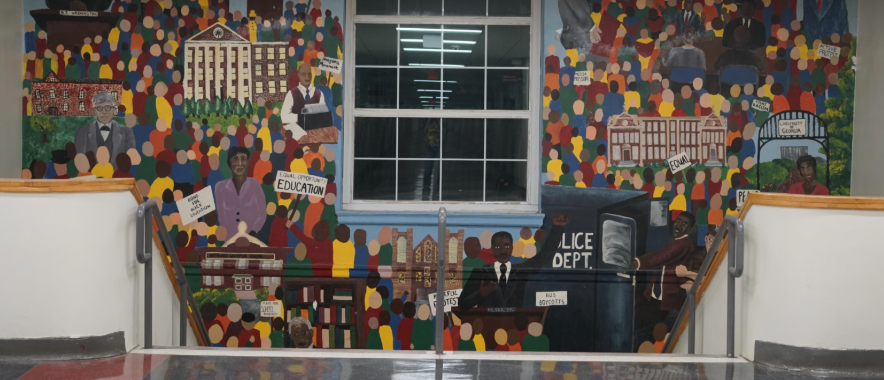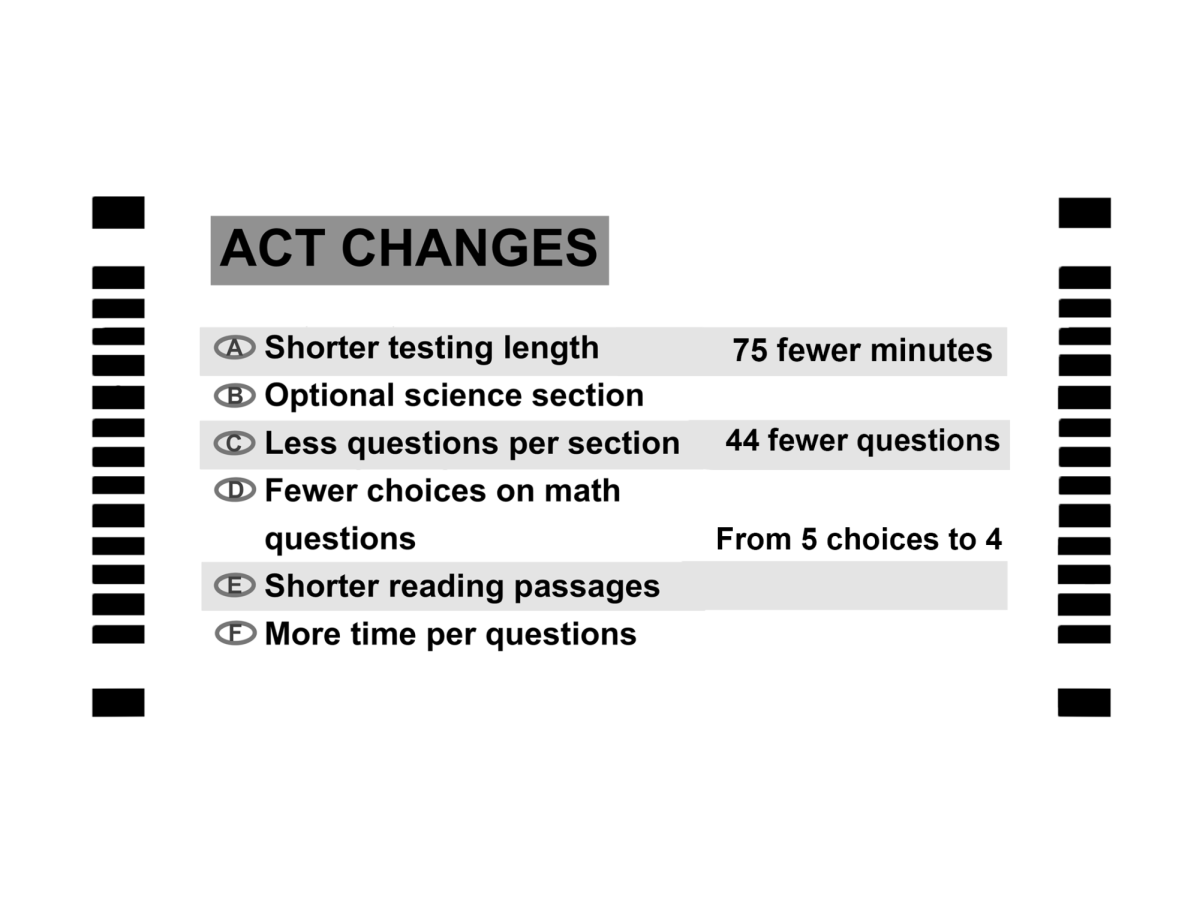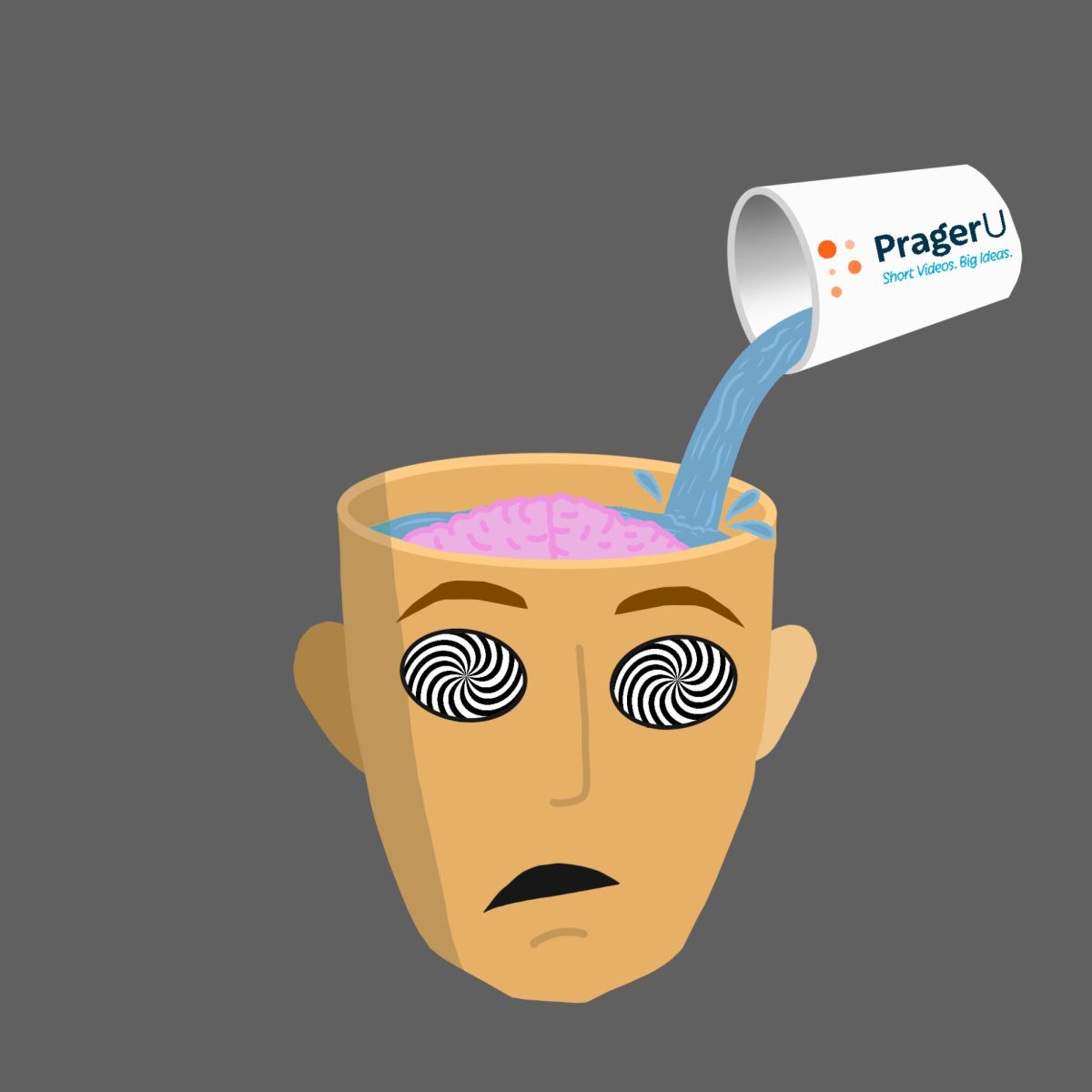Employees of the U.S. Agency for International Development (USAID) were barred from entering the agency’s headquarters in Washington D.C. The next day, employees received notice they were being placed on administrative leave indefinitely. These developments represent a part of President Donald Trump’s plan to shut down the agency completely, a move which would not only cripple foreign aid, but national security, as well.
The stated purpose of USAID is to help people around the world. It is the world’s largest source of foreign aid with projects in 120 countries, extending over a wide range of aid programs.
One of the most significant areas that USAID is involved in is HIV/AIDS relief. The President’s Emergency Plan for AIDS Relief (PEPFAR) is implemented by USAID and has been credited with saving over 25 million lives worldwide. Through this program, which is the largest response in history to a single disease, the U.S. funds nearly 20 percent of South Africa’s $2.3 billion HIV/AIDS program. Trump’s efforts to eliminate USAID would not only put an end to this work, it would halt progress on an experimental HIV vaccine, which was poised to enter Phase 1 of clinical trials.
USAID also plays a critical role in numerous other humanitarian aid efforts across the world. In sub-Saharan Africa they gave more than $6.5 billion in humanitarian aid. The agency funds access to food, water and basic healthcare in the eastern Congo, education programs in Mali and cholera, malaria and measles response in Sudan. In Syria, USAID funds field hospitals serving thousands of people displaced by the war. In Kosovo, they prop up women’s groups fighting for expanded rights and in Cambodia, where Vietnam War-era landmines still pepper the landscape, USAID funds removal efforts. These are just some of the countless efforts funded across the world each year, and they’re some of the many initiatives being undercut by the Trump administration.
These cuts to huge swaths of the federal government, including USAID, come as part of Trump’s “America First” policy agenda. Cutting foreign aid, however, doesn’t line up with that policy. In many cases, the purpose of foreign aid isn’t to help people at all, it’s to expand influence.
USAID serves to project U.S. soft power across the globe. When the U.S. funds projects in developing nations, it isn’t just about building a hospital or donating books. Through funding for humanitarian aid and the development of infrastructure, USAID buys the U.S. some amount of influence and loyalty, or soft power, from the countries it assists.
This strategy isn’t unique. China, arguably the most major competitor to the U.S. for global power, has developed a similar foreign policy program known as the Belt and Road Initiative (BRI) aimed at expanding China’s influence. Currently, the BRI encompasses more than 140 countries across the world, with primary focus on developing nations. Through this policy, China directly competes with the U.S. for influence on global affairs.
Shutting down USAID not only diminishes American power around the globe, it also leaves a huge power vacuum for China and other foreign competitors to fill. In fact, hundreds of U.S. diplomats signed a letter to Secretary or State Marco Rubio citing these exact concerns. So when Trump says he’s putting “America First,” what he’s actually doing is cutting off one of America’s largest sources of soft power. Trump risks undermining U.S. influence across the world – a serious detriment to national security.
Helping people should be the primary reason USAID is important, but as even internally-focused agencies such as the Centers for Disease Control and Prevention and the National Park Service suffer, doing so abroad just isn’t enough these days. Still, if treating AIDS and building hospitals doesn’t justify reopening the doors, national security should.














